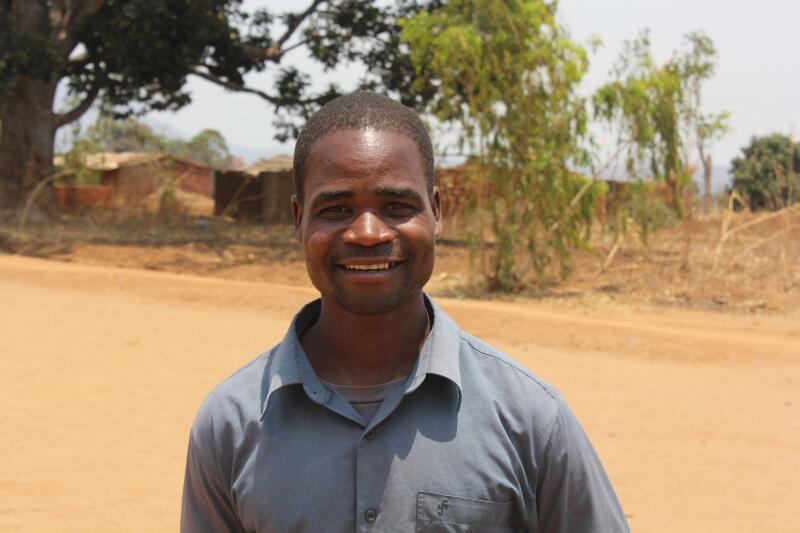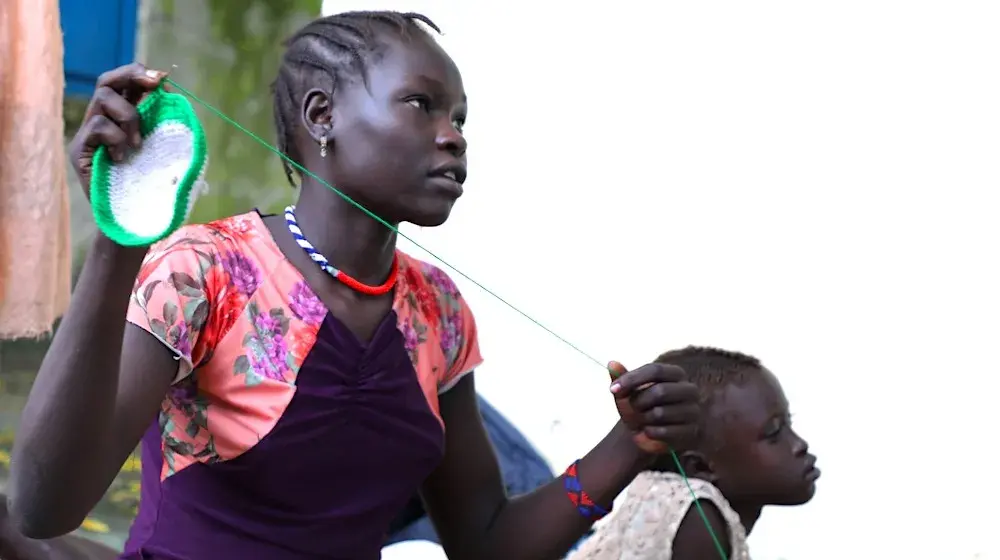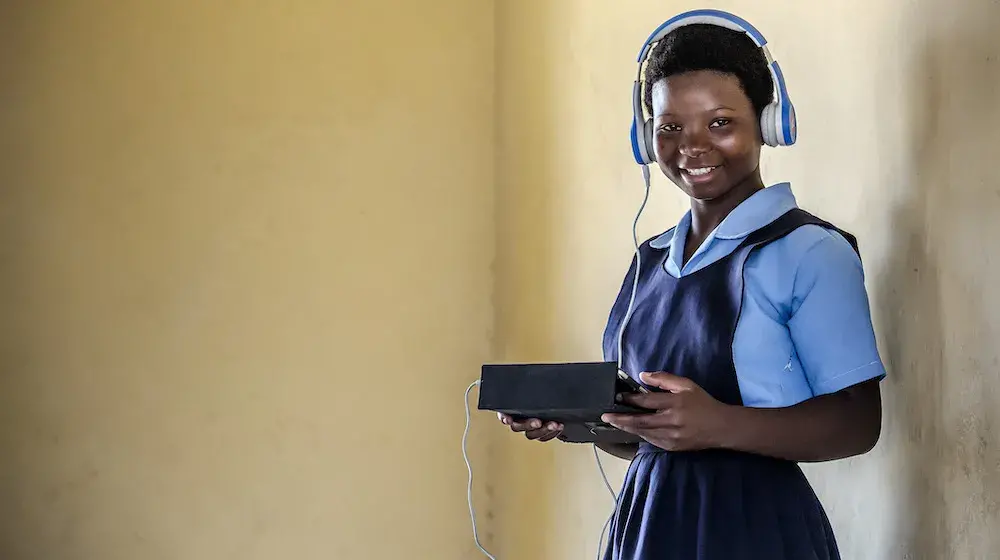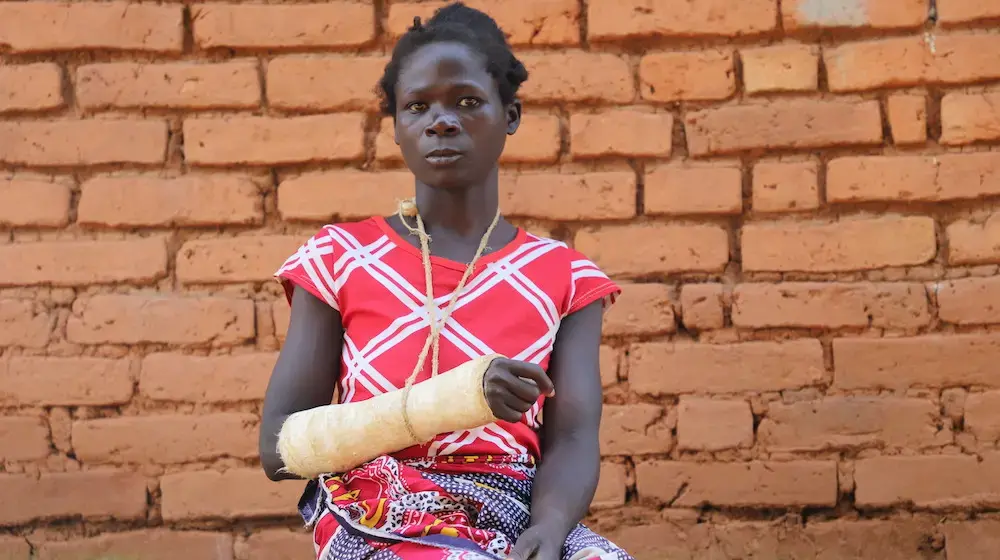NAMAHARA, Chiradzulu district, Malawi – Daniel Kasekwe dropped out of Domasi Secondary school in Zomba in 2007, while in form three.
He eventually married his long-time girlfriend, Jayne, and they settled in Namahara village in Chiradzulu district, and had two children. Through hard work and being enterprising, Daniel started to earn more money but instead of supporting his family, he wanted to have more fun.
He had many friends with whom he would drink beer, and slowly things started to change. Soon, he stopped supporting his wife and two children. “I used to leave home early in the morning to go drinking with my friends. I thought I was having fun and it was all good,” he says.
Marriage break-up

After Daniel had neglected his family for a long period of time, his wife became fed up. She returned to her family home and proceeded to annul the marriage. While Daniel was against the separation, Jayne could no longer tolerate his behaviour. “I still wanted my wife but she was in an uncompromising mood. I gave in,” he says. He finally accepted the situation and found himself living alone. He felt lonely but he lacked the courage to ask his wife to return. For a year and a half, he led a lonely life. Eventually, he stopped drinking beer.
One day while walking down the road he met one of his children, who looked malnourished and weak. He felt sorry for him and decided to do something about the situation. He began to look for opportunities to convince his wife and children to return to him.
Community one-stop centre
Then Daniel remembered a community structure known as the one-stop centre, which helps people who find themselves in difficulty, including those experiencing marital problems. He located Mauwa One-Stop Centre in Mauwa village, and met Peter Mathumba and Alice Malaya, who manage the centre. He explained his situation to them.
Daniel’s wife and parents were invited to the centre to discuss their situation. Eventually, after a long discussion, he and Jayne agreed to give their life together as a family another chance.
“I think my wife was not convinced that I had changed and I believe she accepted the decision reluctantly to come and stay with me. But deep down I knew I was a different person, ready to take her back again,” he says.
Extent of sexual and gender-based violence
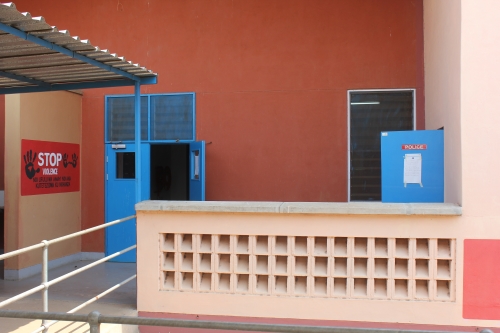
In Malawi, a high percentage of the population experience abuse, including physical and sexual violence. About 25 per cent of women aged 15-49 years suffer physical violence, with a similar rate experiencing sexual violence. Despite 9 per cent of girls and 6 per cent of boys reporting having experienced violence, very few are provided with any services. Almost half of all females and two thirds of males have experienced violence before they reach 18 years. About 20 per cent of females and one in seven males experience sexual violence before the age of 18 years.
Changing lives
The Mauwa Community One-Stop Centre is one of the many community-based structures established under the Gender Equality and Women’s Empowerment project support by the European Union. Established in 2012, the centre serves more than seven group village headmen in Chiradzulu district, including the nearby district of Zomba.
This facility has changed the lives of many people, including those who had problems in their family and those who were sexually abused,” says Peter Mathumba.
The facility, which is located near a health centre, has rooms for counselling and examination, in the event that cases require further investigation and prosecution. Since its establishment the facility has seen a decline in physical and sexual violence cases and they now handle more cases of emotional abuse.
“We have seen a significant decline in cases of physical abuse since we started,” he says.
Without this partnership of UNFPA and EU, together with the Government of Malawi under the GEWE project, Daniel and his family would no doubt still be suffering the break-up of the marriage, with no one to support them.
Jayne and her two children would be facing the daily challenges plaguing those who have been abandoned by their husbands and fathers in areas where these services are not available. Since their reunion, Jayne has given birth to a third child, born on 14 September this year.
Daniel, now 32 years old, teaches at an early childhood development school as a volunteer, where he helps children from his village prepare for school.
Like Daniel and Jayne, many families who experience any form of gender-based violence continue to benefit from the One-Stop Centre and other centres established at district hospitals, health centres and at community level across the 13 districts where GEWE was implemented from 2012 to 2016.
By Henry Chimbali

